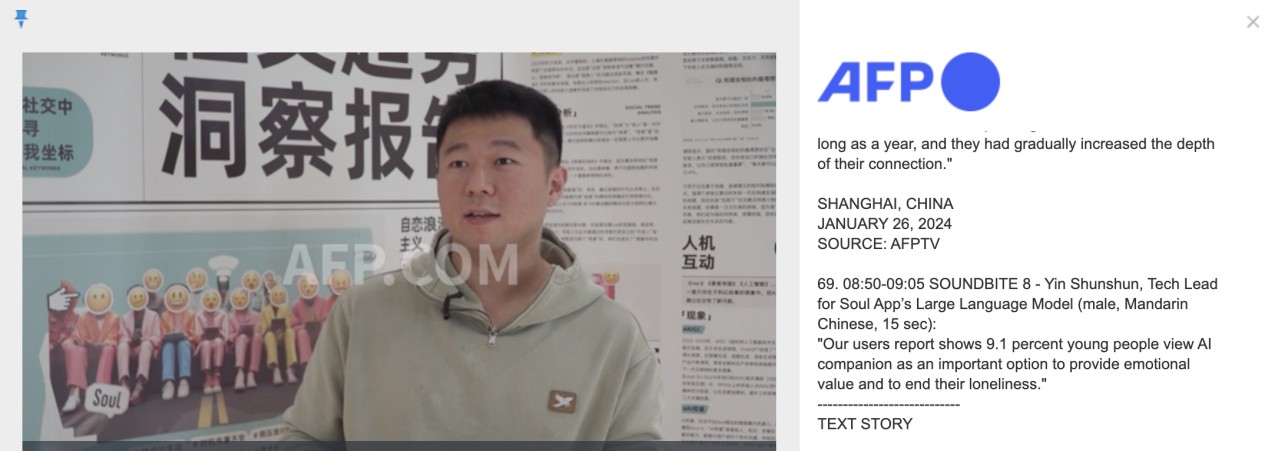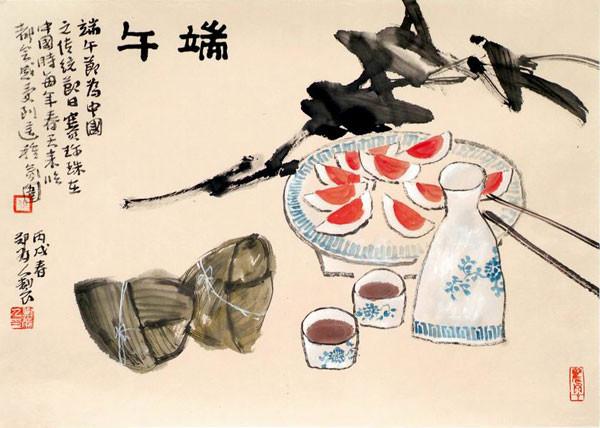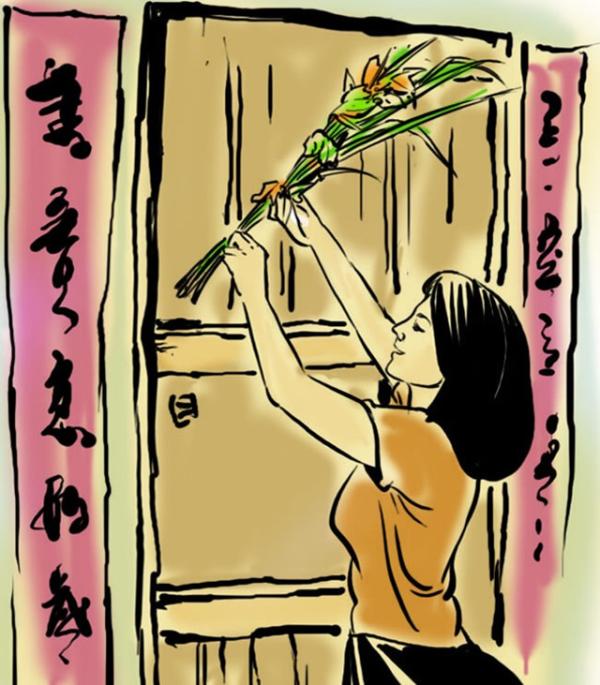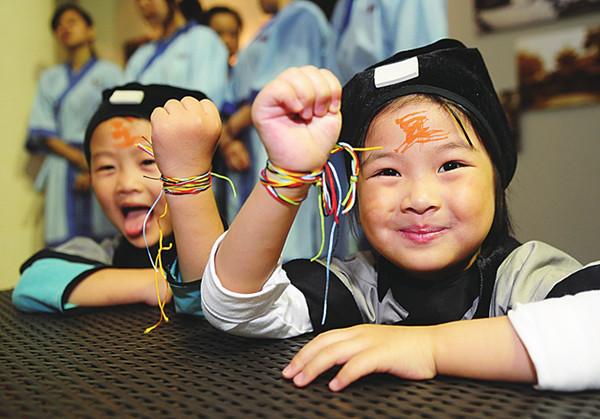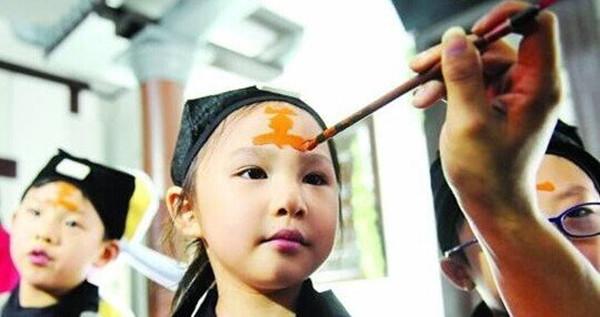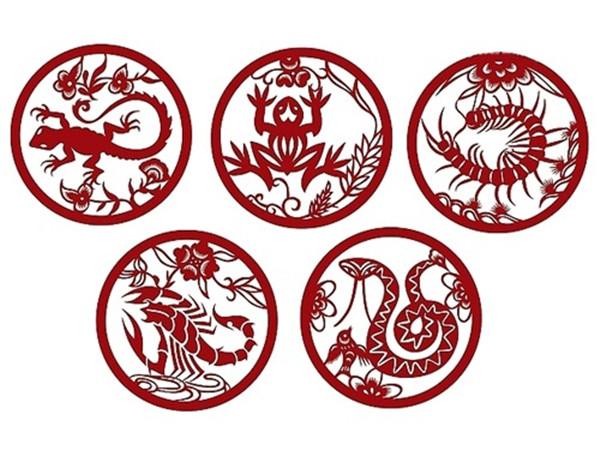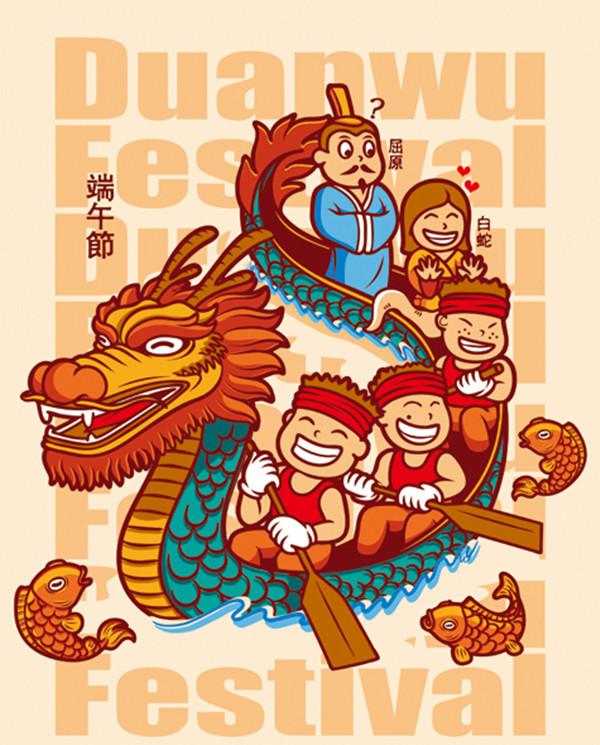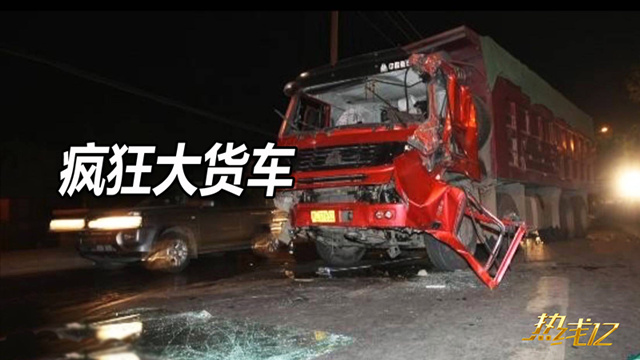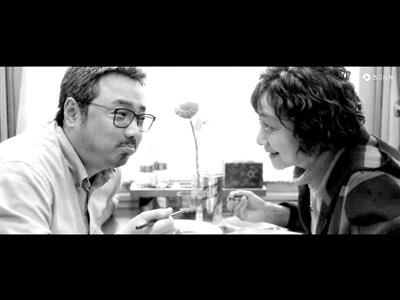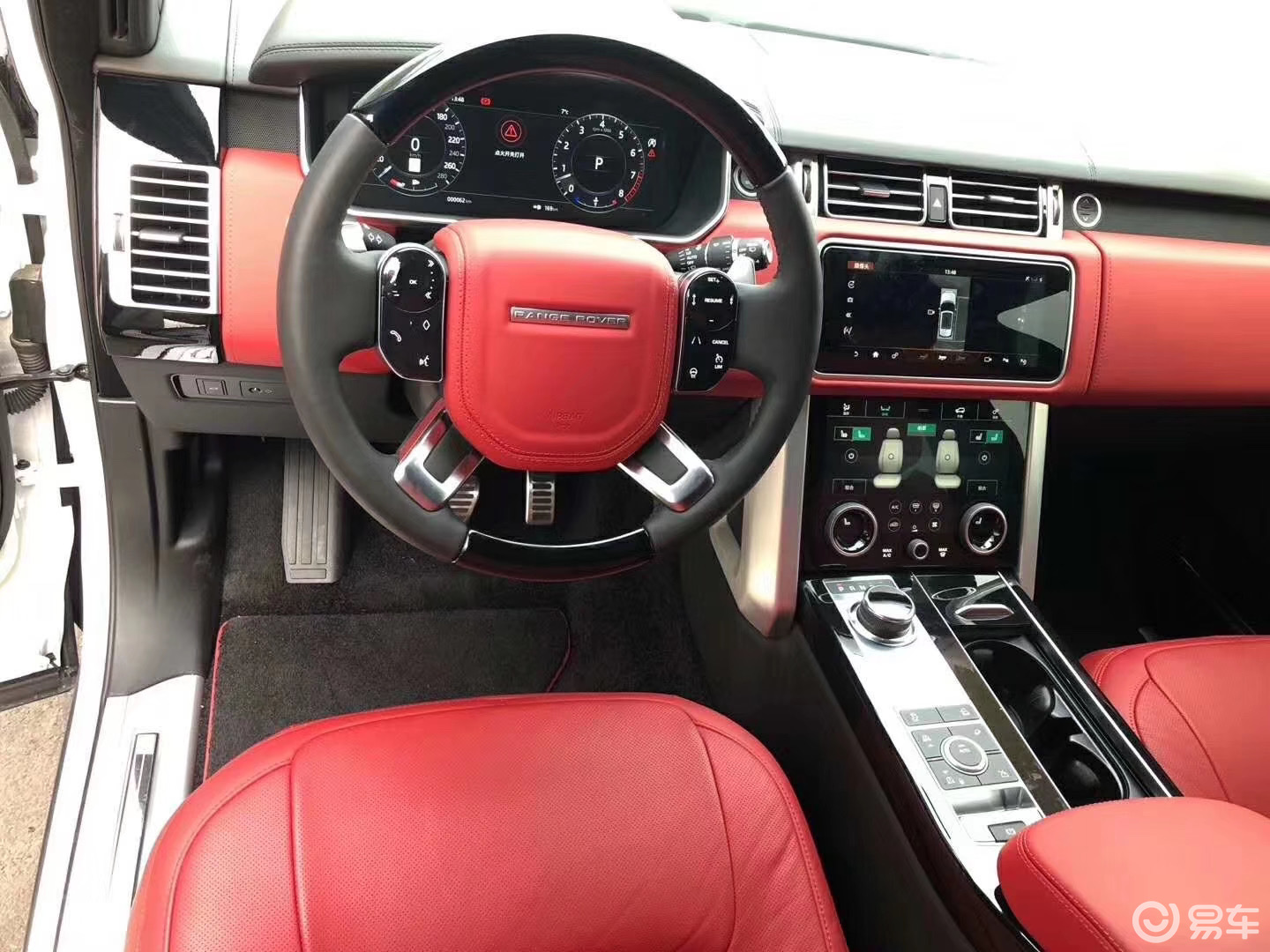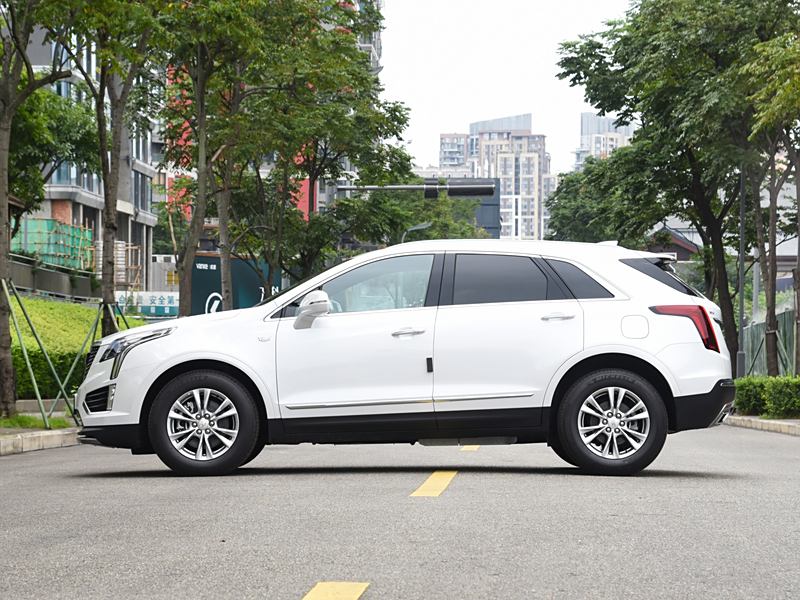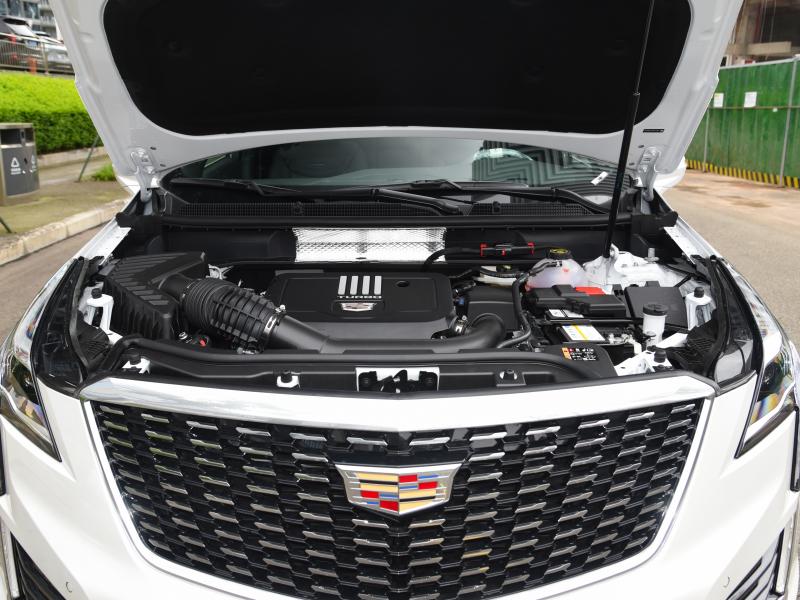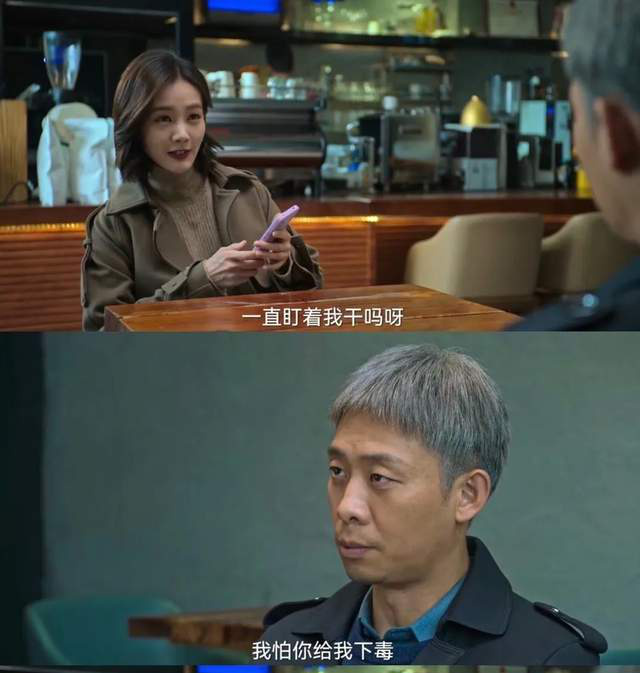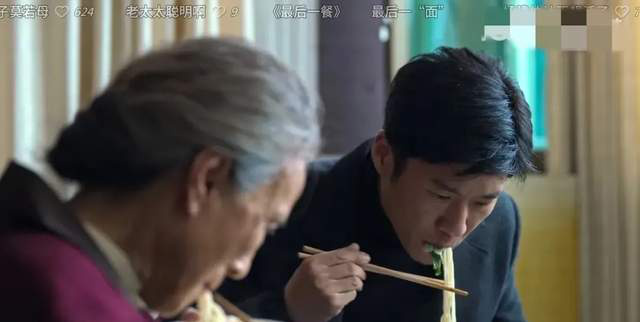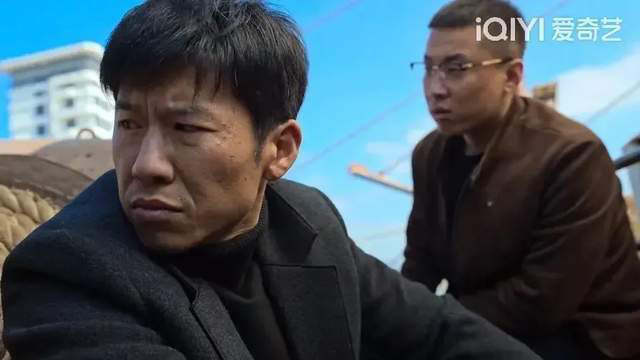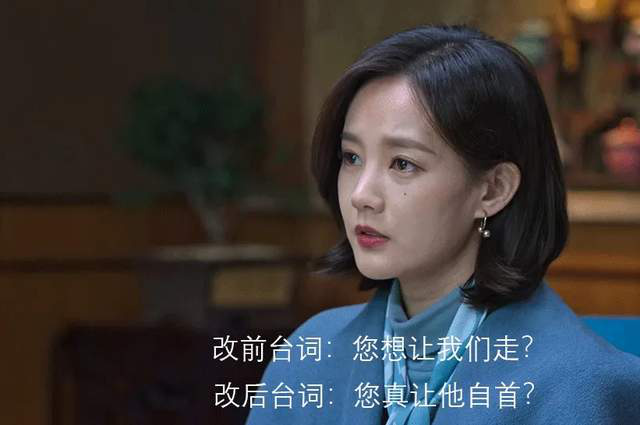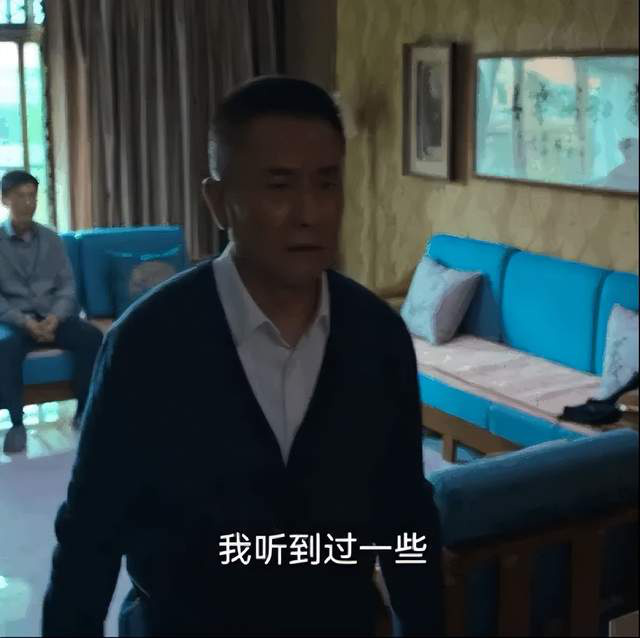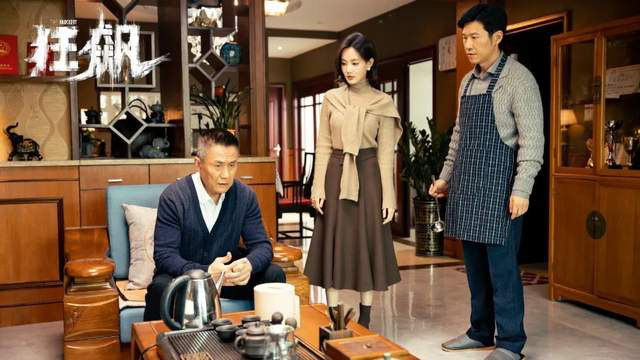CCTV News:Without a goal and a win, China men’s soccer team turned in a blank in the 2024 Asian Cup group stage.
This blank paper gives fans more space to create stalks. In today’s diversified society, it is difficult to find a topic with more consistent views than Tucao’s national football team. People use teasing to heal their broken hearts. For a time, the network paragraphs flew everywhere. The longer people pay attention to the national football team, the more literary talent and computing power they have, and even the attitude towards setbacks is somewhat calmer than others.
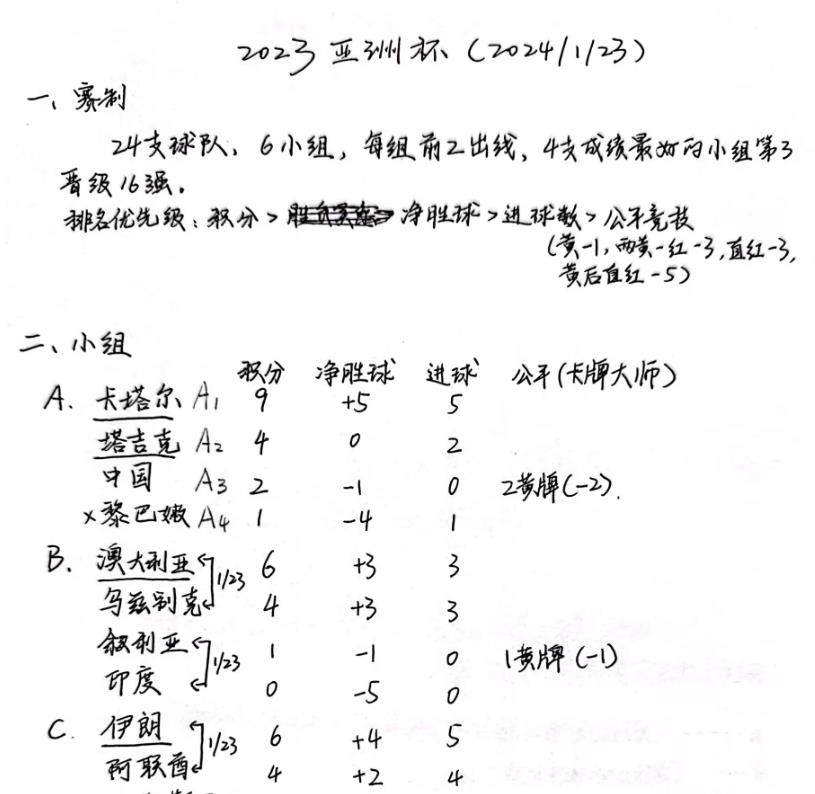
(Fan Xu Yi’s handwritten "national football qualifying algorithm", with the text: "National football let me take the college entrance examination mathematics 140")
What are these fans who have been supporting the national football team for years?
CCTV News+reporters sent private letters to more than 50 national football fans on major social platforms, 10 of whom were interviewed.
What are we watching when we watch the national football team?
At first, Ye Yang refused to admit that he was a national football fan. He told reporters: "I haven’t seen the national football game for many years. A teenager like you doesn’t know the previous achievements of the national football team." He knocked on the table with his hand and counted the glory of the national football team from the beginning.
Indeed, as Ye Yang said, the national football team was "richer than its ancestors": in 1976, China won the third place in the Asian Cup for the first time; In 1984, China men’s soccer team reached the Asian Cup final; In 2002, it became a youthful memory of a generation by virtue of its promotion to the World Cup in Korea and Japan.
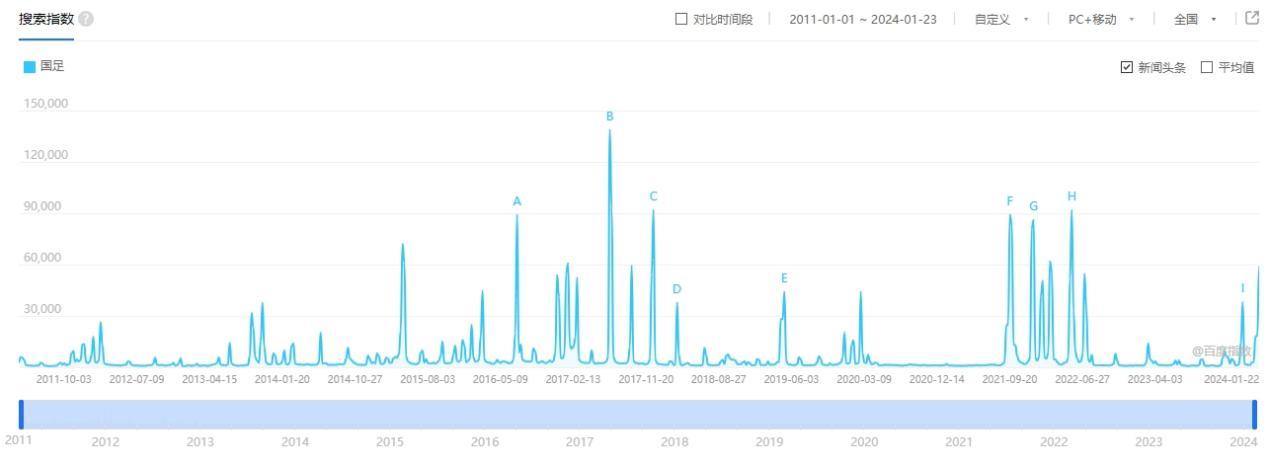
(Baidu index shows that the attention of the national football team has declined in recent years.)
Winning is also an opportunity for many fans to get in touch with the national football competition. This year, 26-year-old Cai Xian was fully exposed to the football match for the first time while watching the 2010 East Asian semi-finals. The China men’s soccer team beat South Korea 3-0 and let him watch the ball for 14 years.
But in recent years, the performance of China men’s soccer team on the international stage has gradually lost its bright spot. As a small fan, Cai Xian was even ridiculed by his classmates for paying attention to the national football team.
In this Asian Cup, the struggles and difficulties of the men’s soccer team in China are particularly prominent. According to the relevant data of AFC, China is the second oldest team among the 24 participating teams in this Asian Cup, with the average age of 26 players reaching 29.7 years. In the Asian Cup held in 2019, the national football team became the oldest team at the age of 28.74.
Talking about the record and personnel composition of the national football team, Ye Yang was eloquent, but he still gave a solid answer to the reporter: "I can’t stand the ups and downs on the field. I only listen to the commentary when I open the live broadcast. When I score the goal, I will look at the picture. When I lose, I will look at the live text and discuss it with netizens."
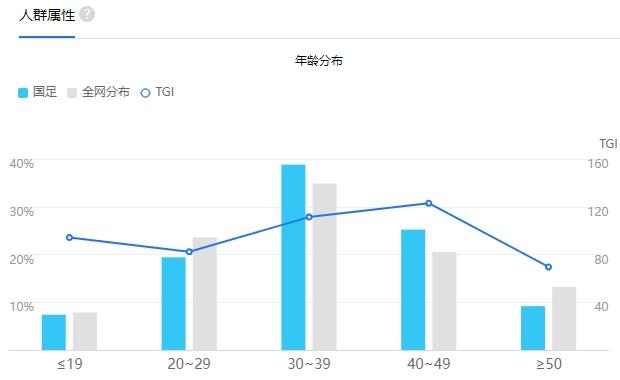

(Baidu index shows that the number of people who pay attention to the national football is 20-mdash; 49-year-old men are dominant)
I don’t have a deep feeling about the glorious past of the national football team. Liu Yu, a 25-year-old graduate student, is missing some traces of mixed love and hate: "I watch football because I play football, and I watch the national football because I am a Chinese. This is the simplest emotion. They represent the image of the country and go out to play the game. "
"I’m so angry, just sneer at it."
Before the game, I had high hopes, and I was angry during the game. After the game, I summed up and let go. Perhaps it is a "three-piece set" for every fan to watch the ball.
Seeing that Wu Lei and Wei Shihao missed two excellent goals on the screen, Liu Qiang, who took a special leave to watch the game, was so angry that he slapped his thigh. The game was over and his leg still hurt.
At the same time of the third Asian Cup group match, Liu Qiang of Shandong ip began to post posts related to the match on the sports social platform at 23: 41, and by 3: 22 the next morning, there were nearly 30 posts. At first, it was "Come on, win once", and then after begging for a "no" and "laughing", he tossed and turned and stayed awake for a long time.
Song Guochao, who was far away in Beijing, also turned off the live broadcast with a sigh. "The second half was swearing and I was filled with emotion at the end."
"Every time I am either angry or half dead, I am so angry that I sneer." As a student, Liu Yu is more reserved.
It’s time to calculate the qualifying probability again. At this moment, Liu Qiang will have the idea of not watching any more, but in the next game, he unconsciously said, "After all, it’s our own football team, and we will continue to support them after disappointment."
"The road should be walked step by step, and the rice should be stuttered."
Every fan has his own opinion about the loneliness of the national football team, which is often the part with the largest number of words for them to reply to reporters’ questions. They all drew a clear line with fake fans in their hearts. Liu Qiang said: "Some people don’t watch the game. When the national football team plays well, they won’t brag. If they don’t play well, they will definitely scold."
"It’s much more meaningful to objectively analyze the current situation than to blindly output emotions," Cai Yan said. "I’m not satisfied with the tactical arrangement of the national football team in these three games and the players’ performance, but I can’t say that they are lazy and the players have done their best, but many problems are systematic and can’t be changed by the sudden enlightenment of individual players and coaches. I hope the voices of rational fans can get more attention."
Management system, league environment, personnel structure and youth training system are the most important concerns of fans.
Yangyuan sent this passage to the reporter: "Some people often ask why more than one billion people in a big country can’t choose 11 to play football, but how many people can support football without hesitation in every family, class and campus?"
Emirates, who is engaged in sports-related work, has established his own ball watching group. He often says to his group friends: "The relationship between fans and teams is like that between parents and children. Children will criticize when they do something wrong, but they still love him after scolding. "
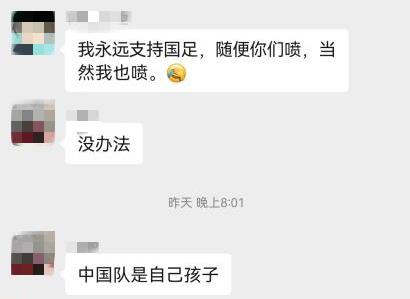
(A Emirates’ football group chat record for the interviewee)
Emirates compared the AFC to a class. "Japan and South Korea are the top students in the class. In the past, we belonged to the upper-middle level, but now we belong to poor students. However, will you abandon your child because of his poor grades? Shouldn’t the normal logic be to find ways to check for leaks and catch up? "
Xu Yi believes that the real problem is that talented people do not choose to take the road of professional football. "It’s just that they study by themselves last night."
Liu Yu has learned to calm his mind and no longer insist on doing his best in one battle: "I have seen what it is like for these people to play in the Super League. Playing on behalf of the country will make them more nervous than ever. Hundreds of millions of people stare at it and dare not do anything, so the level they play is lower than that in the Super League, which is expected. While China football attaches importance to youth training, it is also necessary to change the atmosphere of quick success and instant benefit. The road must be step by step and the rice must be stuttered. "
Emirates feels that "life is greater than football". As a fan, sports is of course a very important part of life, but it should not be the whole thing. The world may not be so good, but it’s not so bad. After watching the game that night and venting, I still have to devote myself to my work and life the next day.
At the beginning of the next game, Ye Yang will still turn on his mobile phone and accompany him silently on the way to work; Liu Qiang will still look forward to the news that the national football team won. "Even if they play Brazil, because they are called China Men’s Football Team, ‘ China ’ The word is very important, and I hope to see them play the role of China Men’s Football Team.
(At the request of the interviewee, the characters in the text are all pseudonyms.)
